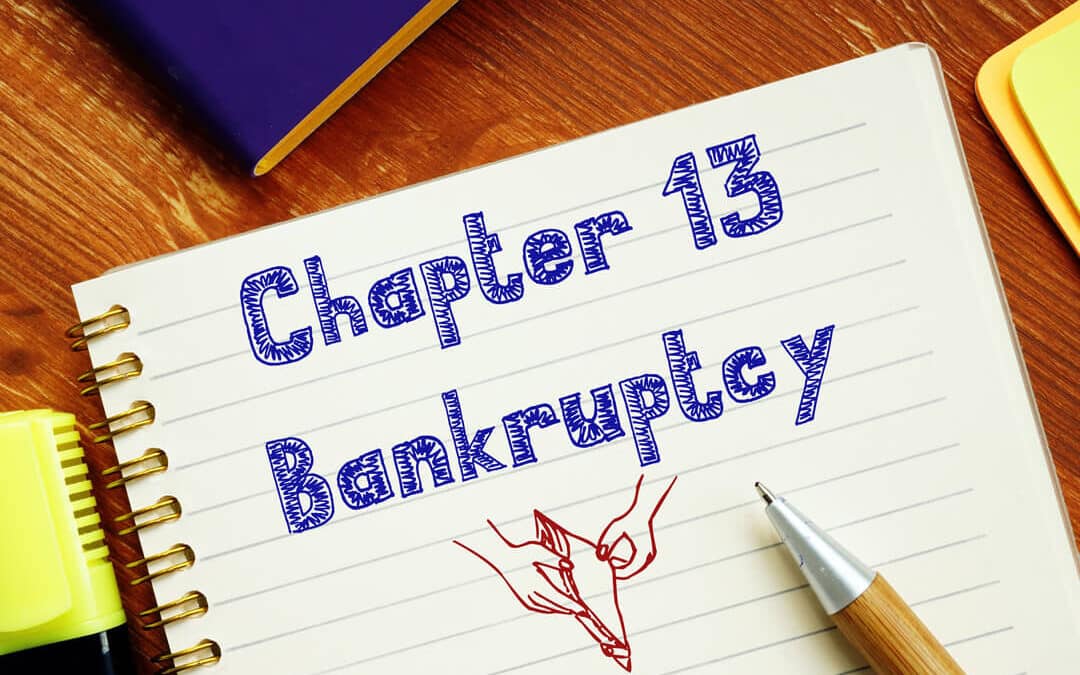Chapter 13 Bankruptcy is known as a reorganization of debt. It helps debtors reorganize their debt and pay them off through a bankruptcy court structured repayment plan. Depending upon a debtor’s financial situation, they could have their unsecured debt (i.e. credit cards and medical bills) paid off and secured debts (i.e. mortgage and car payments) paid down within 3–5 years.
If you are struggling financially, Chapter 13 Bankruptcy may be what you need to get a financial fresh start. Chapter 13 offers many protections and benefits to help you get your finances in order.
Two important ways a Chapter 13 Bankruptcy could help you are:
Chapter 13 Bankruptcy Could Help with Home and Car Payments
Under a Chapter 13 Bankruptcy plan, you should be able to keep your secured property, such as your house or car, as long as you continue making the payments. But you may wonder what will happen if you are already behind on your mortgage or car payments.
The good news is that bankruptcy laws could allow the arrearages you owe to be added to your bankruptcy repayment plan. So, instead of having to pay the arrearages all at one time to keep from facing foreclosure or repossession, they would stretch the amount out throughout your repayment plan. You would still have to continue making the regular payments. But, you could catch up on the late payments over time.
Chapter 13 Bankruptcy offers more ways that may help you pay your secured debts. For home mortgages, you could strip a second mortgage you may have on your home. Mortgage stripping occurs when the second mortgage is declared unsecured in bankruptcy and gets discharged as other unsecured debts. This can only happen if the value of your home has decreased so much that it is now less than what you still owe on the first mortgage. For auto loans, you could reduce your loan balance down to the “actual value” of your car if that value is less than what you currently owe on the vehicle.
Chapter 13 Bankruptcy Could Help You Pay off Debt at a Lower Rate
Yes, you have to repay your debts under a Chapter 13 Bankruptcy repayment plan. But you will probably do so at a reduced rate. In most Chapter 13 Bankruptcy cases, debtors who are below their state’s median income level will not have to pay the interest on unsecured debts. Those debtors above the median income level often pay a reduced interest rate. It is also possible to pay reduced interest rates on secured debts you pay through your Chapter 13 Bankruptcy repayment plan.
These reductions could lower your overall payment of debts by thousands of dollars.
Get Help Filing Chapter 13 Bankruptcy
To understand if you may qualify for Chapter 13 bankruptcy and how it could help you, contact us for a free evaluation. Our attorneys have over 25 years of experience helping clients get a financial fresh start through Chapter 13 bankruptcy.

